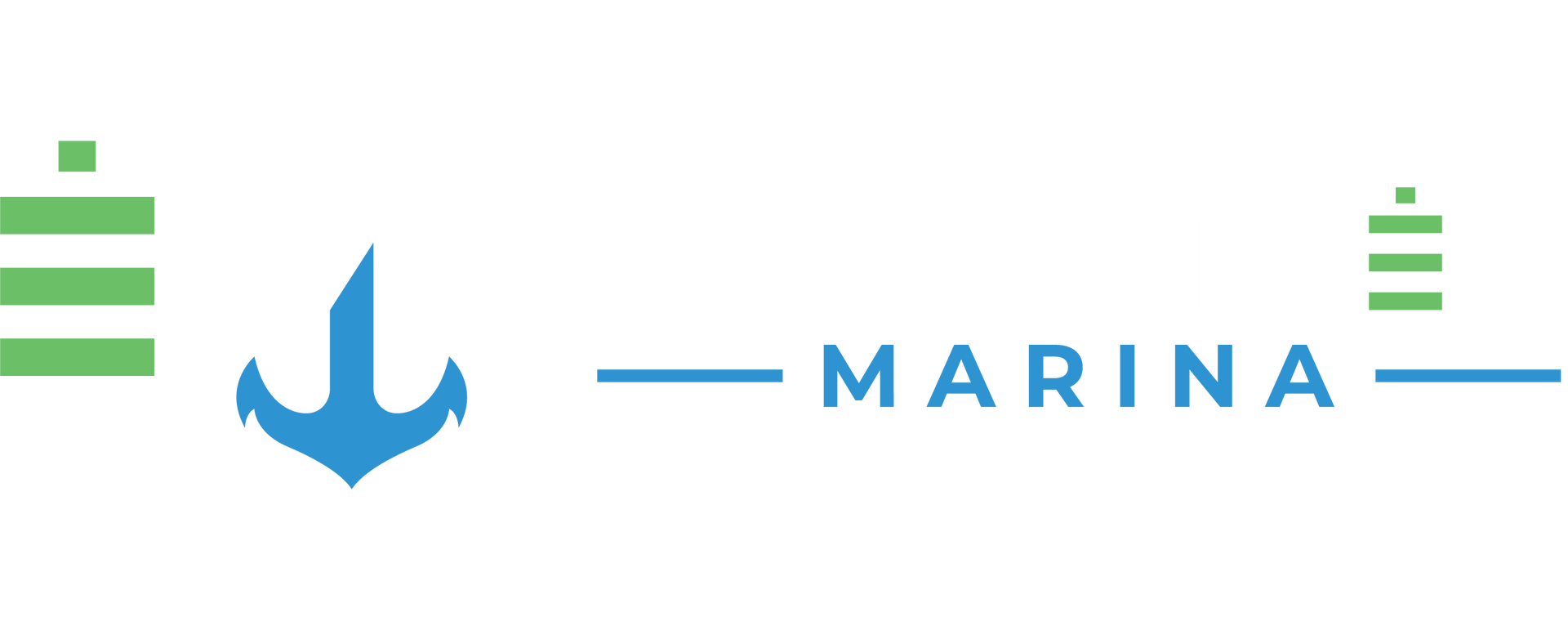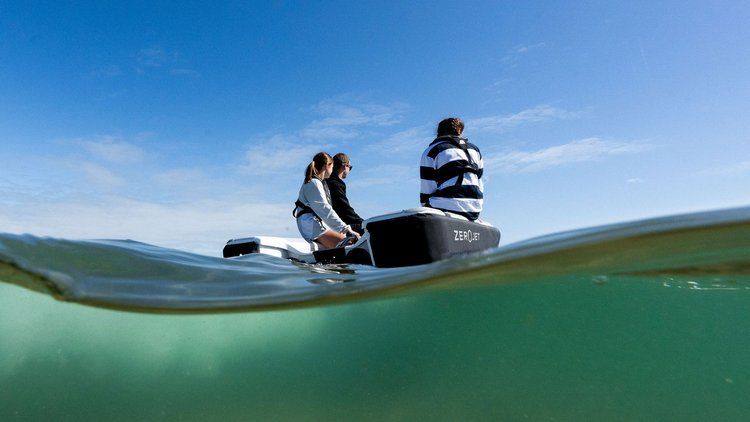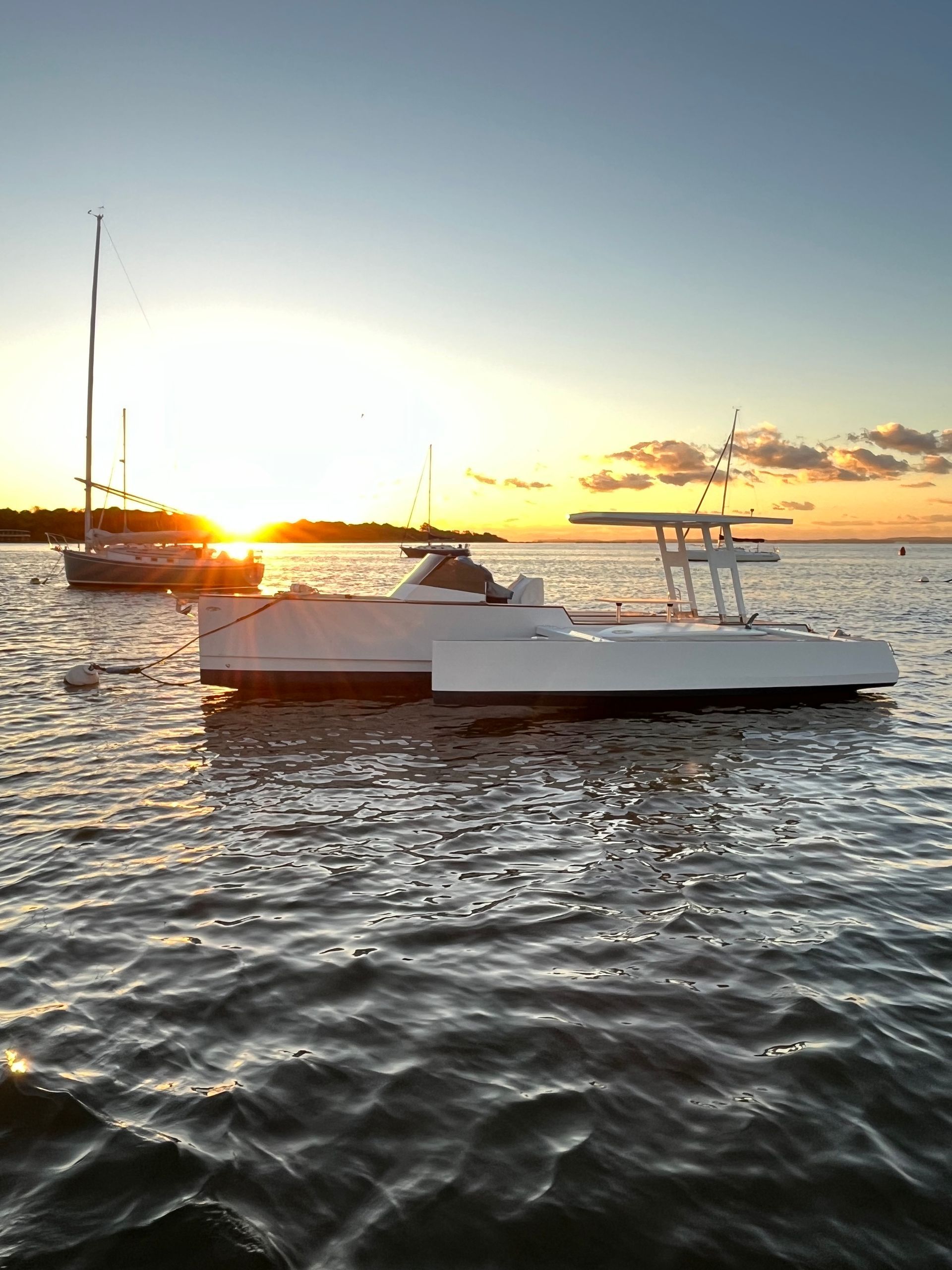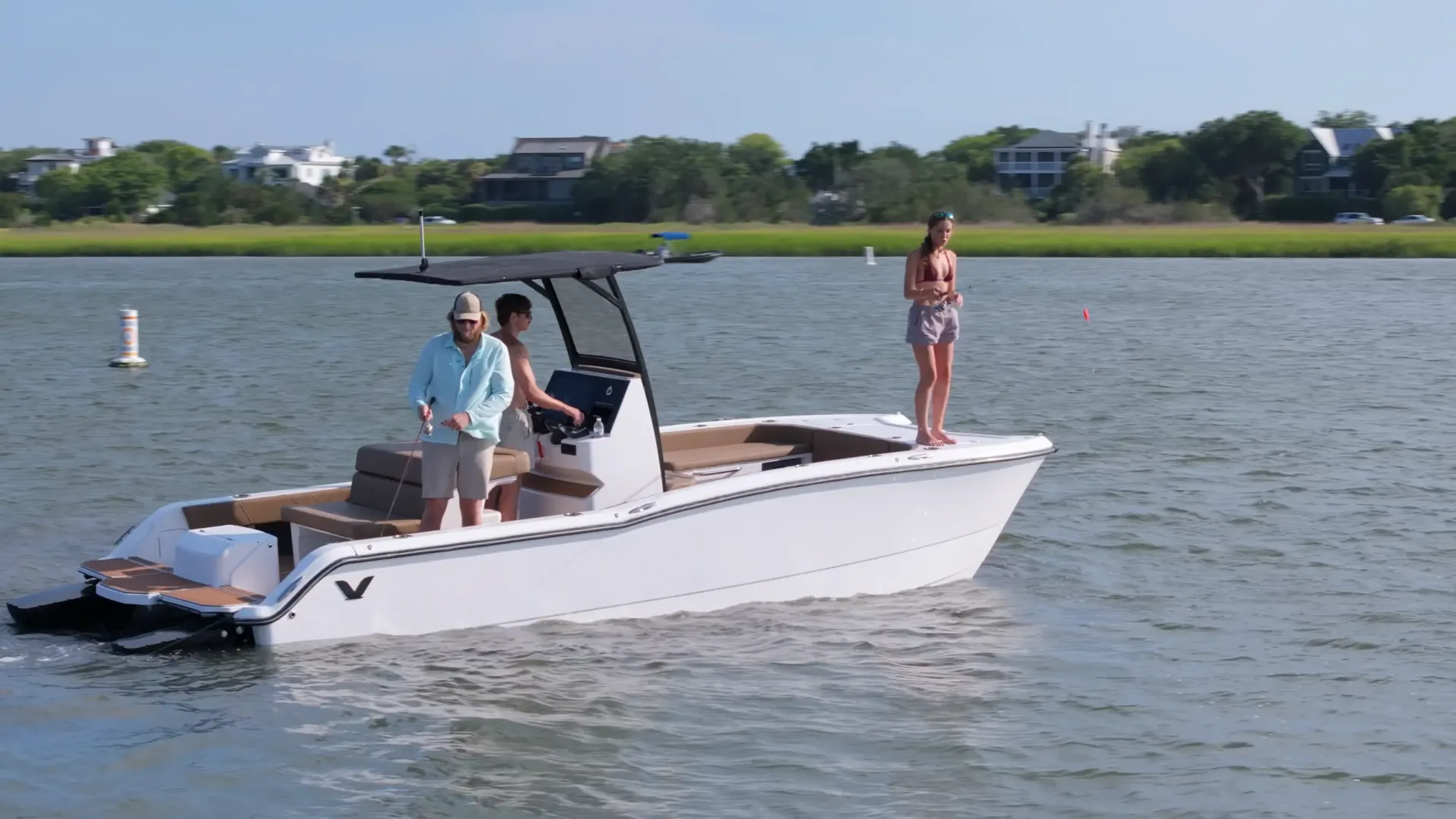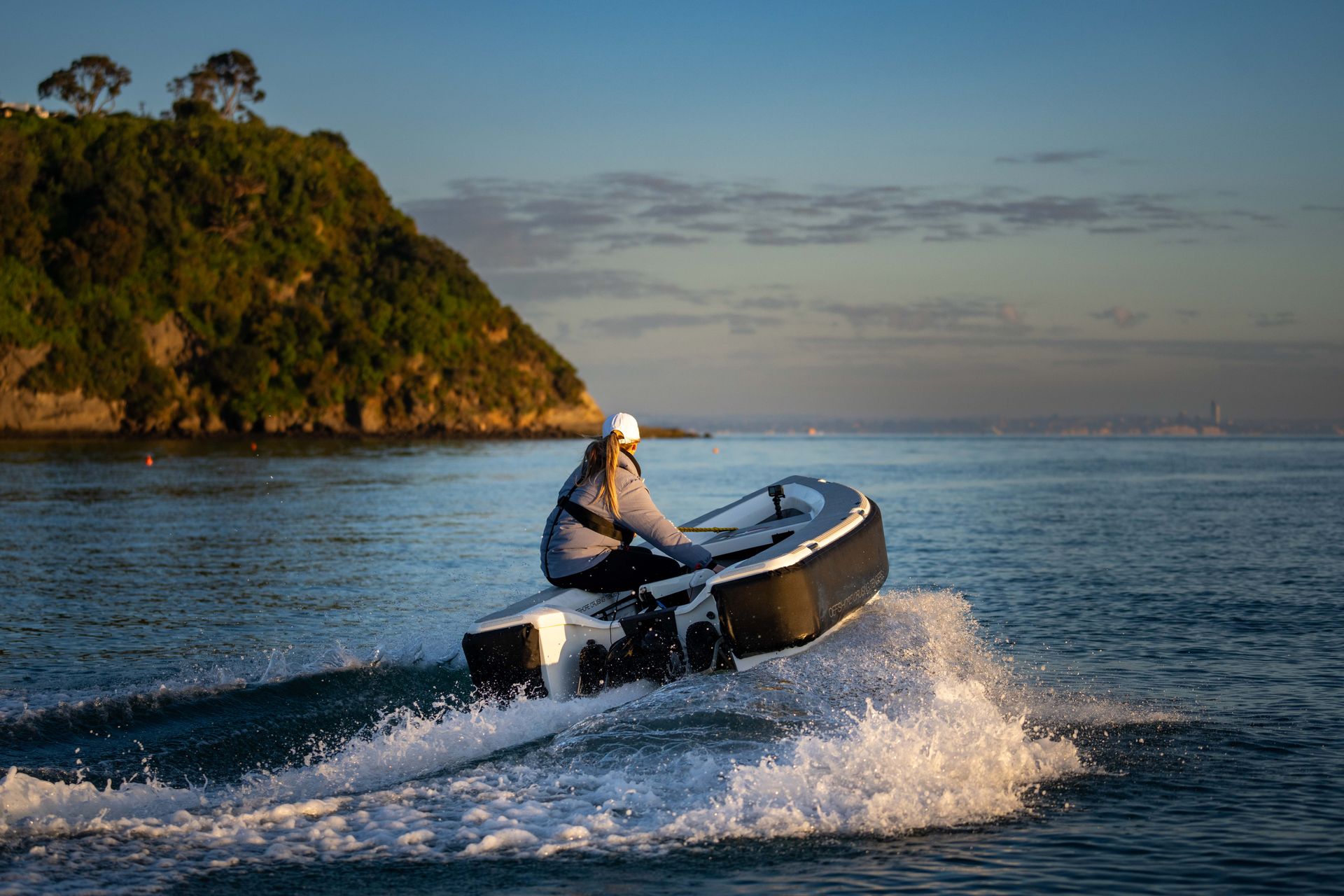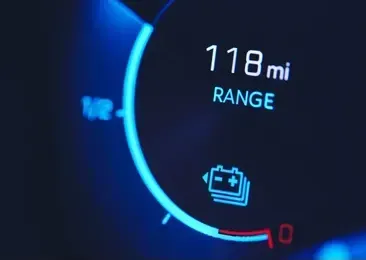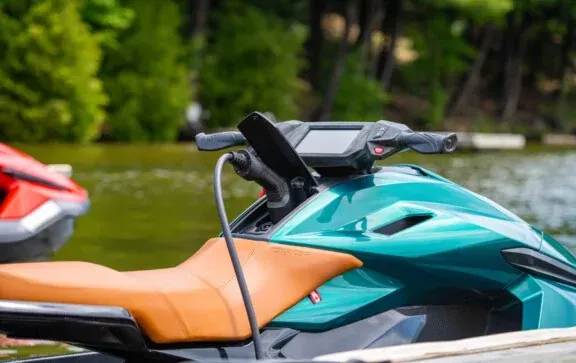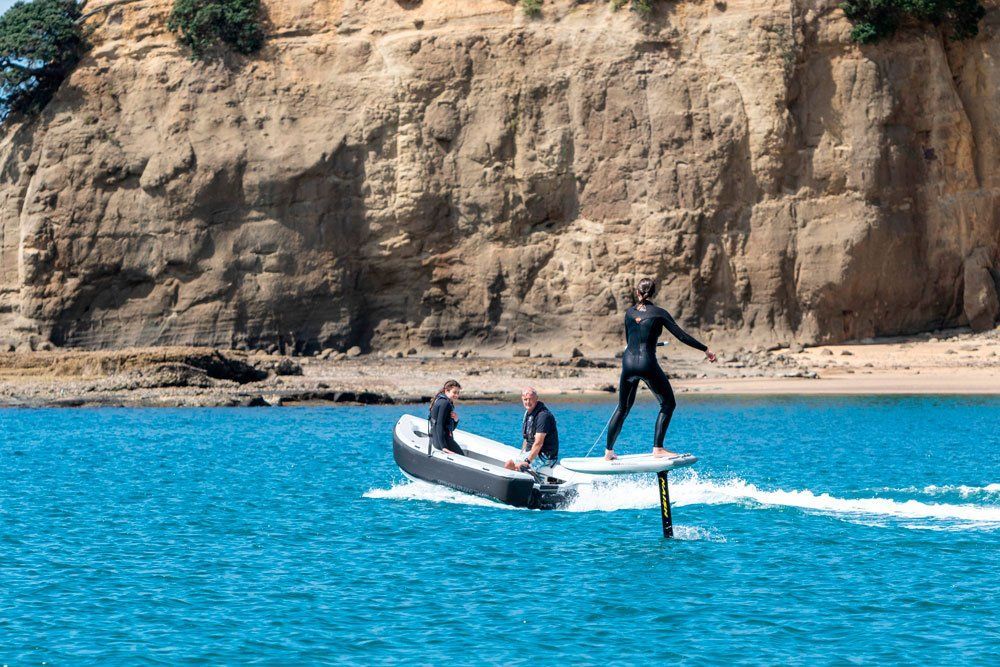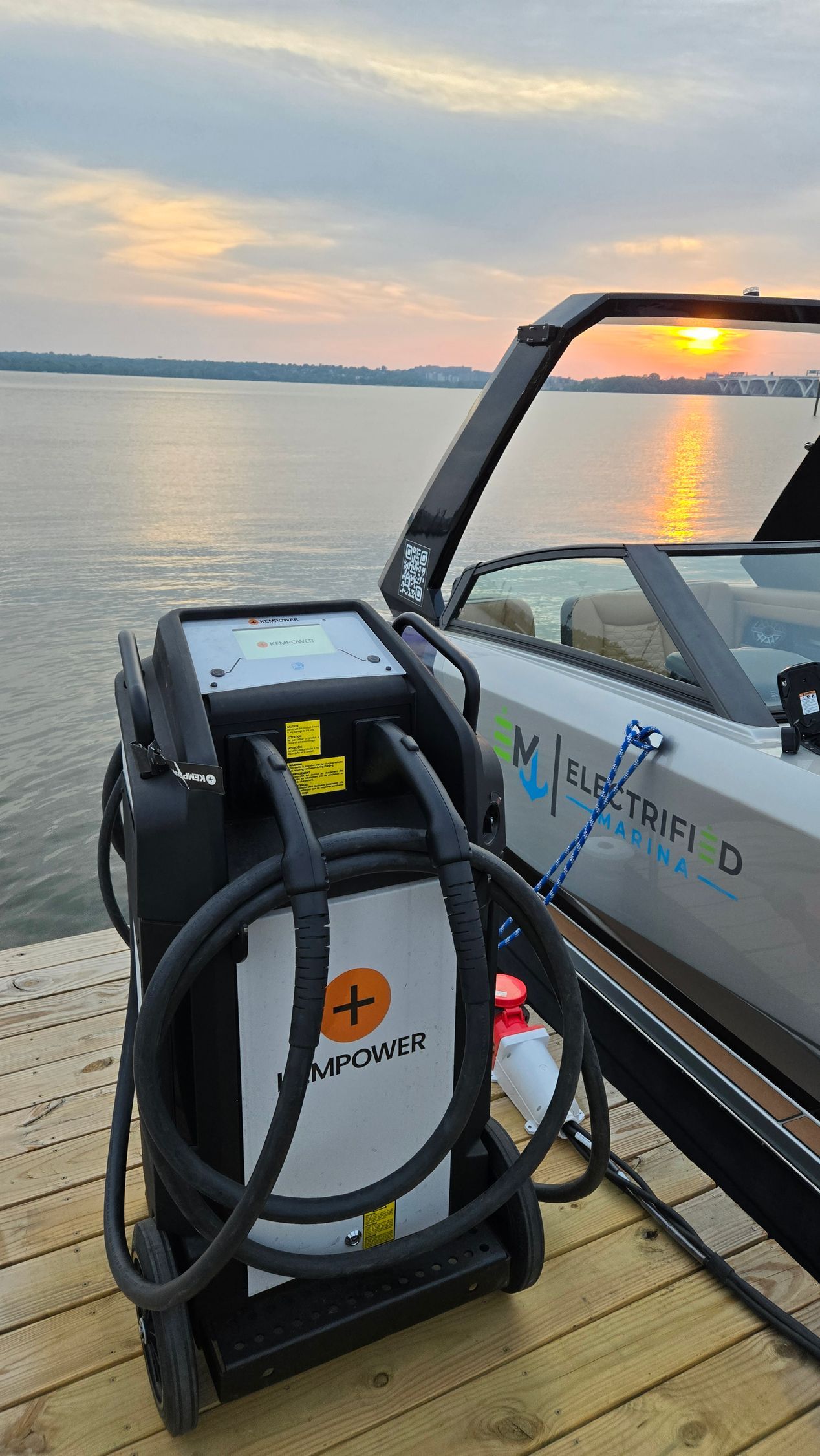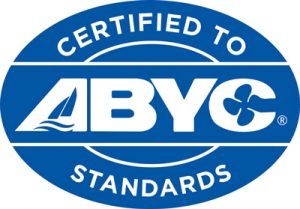An Electric Boat Buyer's Guide: What Potential Buyers Should Look For
For their silence, for the sustainability or for their power; more and more boating enthusiasts are turning to electric boats as a cleaner, quieter, and more efficient alternative to traditional gas-powered vessels. In this comprehensive buyer's guide, we'll explore the numerous advantages of electric boats and why they may be the perfect choice for your next boating adventure.
One of the most significant benefits of electric boats is their environmental impact. Traditional gas-powered boats contribute to air and water pollution, releasing harmful emissions and discharging oil and fuel into the waterways. Electric boats, on the other hand, produce zero direct emissions, making them a much eco-friendlier option. This not only helps to preserve the natural beauty of the waterways but also contributes to a healthier ecosystem for marine life and the surrounding environment.
Another major advantage of electric boats is their quieter operation. The near-silent electric motors provide a peaceful and serene boating experience, allowing you to fully immerse yourself in the tranquility of the water without the constant drone of a combustion engine. This makes electric boats ideal for activities such as fishing, birdwatching, or simply enjoying the natural surroundings without disrupting the peace and quiet. Additionally, the lack of engine noise can enhance your ability to communicate with fellow passengers, making for a more enjoyable and sociable boating experience.
Factors to Consider When Buying an Electric Boat
Now that you've seen the compelling benefits of electric boats, it's time to dive into the key factors you should consider when making your purchase. Selecting the right electric boat can be a daunting task, but with the right information, you can make an informed decision that will ensure a satisfying and long-lasting boating experience.
- One of the primary factors to consider is the intended use of the boat. Are you looking for a vessel for leisurely cruising, fishing, water sports, or a combination of activities? Different electric boat models are designed with specific purposes in mind, so it's essential to match the boat's capabilities to your intended use. For example, if you plan to engage in watersports such as wakeboarding or tubing, you'll need a boat with a more powerful motor and battery capacity to handle the increased demands. Conversely, if your primary focus is on leisurely cruising and enjoying the tranquility of the water, a smaller, more efficient electric boat may be the better choice.
- Another crucial factor to consider is the range and battery life of the electric boat. The battery technology and motor efficiency will determine how far you can travel on a single charge, as well as the overall runtime of the boat. It's important to research the specific battery and motor specifications of the electric boats you're considering ensuring that they meet your needs. If you plan to venture out for extended periods or travel longer distances, you'll want a boat with a longer range and battery life to avoid the inconvenience of having to recharge mid-trip.
- Depending on your current situation, your docks infrastructure and upgrades may need to be taken into consideration when making your electric boat purchase. Though most watercraft offer multiple charging options to suit the end user's needs, you may need to make upgrades to your dock to include a higher voltage line or even a DC fast charger. Additionally, many e-boat owners already own or choose to install a boat lift, which may also need to be adjusted to accommodate the watercraft.
Choosing the Right Size and Type of Electric Boat
When it comes to electric boats, size and type are essential factors to consider. The right size and type of boat will not only meet your specific needs but also provide a comfortable and enjoyable boating experience. From compact personal watercraft to larger, more versatile pontoon boats, the electric boat market offers a diverse range of options to suit a variety of preferences and requirements.
If you're looking for a compact and maneuverable electric boat, a cocktail cruiser or inflatable may be the perfect choice. These boats are typically designed for solo or small-group use, making them ideal for quick jaunts on the water or exploring narrow waterways. They often feature a sleek, streamlined design and are powered by efficient electric motors, providing a thrilling and eco-friendly boating experience. However, it's important to note that the slower speeds of some of these boats may not be suitable for long voyages or extended trips.
On the other end of the spectrum, larger electric boats, such as pontoon boats and catamarans offer a more spacious and versatile platform. These boats are perfect for families, groups of friends, or those who want to engage in a wider range of water activities, from fishing and water sports to hosting social gatherings on the water. With their increased size and capacity, these electric boats can accommodate more passengers and gear, making them a great choice for longer excursions or hosting events on the water. Additionally, many larger electric boats come equipped with amenities such as built-in seating, storage, and even small kitchenettes, providing a more comfortable and enjoyable boating experience.
Graduating to the upper class of boats are the electric bowriders, center consoles and cabin cruisers. These modern marvels have the torque, speed and maneuverability for all your power boating needs. Though the range is limited at higher speeds, these vessels are perfect for many use cases and watersports. With various engineering teams and manufacturers working to improve this technology every day, these machines continue to break barriers and transcend expectations. With the current technology, these watercraft are a great boat for lake or harbor adventures.
Understanding Battery Technology and Range
One of the most critical factors to consider when purchasing an electric boat is the
battery technology and its impact on the boat's range and performance. Electric boats rely on advanced battery systems to power their motors, and understanding the nuances of these technologies can help you make an informed decision.
An important factor to consider is the battery capacity, which is typically measured in kilowatt-hours (kWh). The higher the battery capacity, the longer the boat's range will be. However, larger battery packs also add weight to the boat, which can impact its speed and maneuverability. It's important to strike a balance between battery capacity, weight, and the specific needs of your boating activities to ensure you get the best performance and range for your investment.
Safety Features to Look for in an Electric Boat
Safety should always be a top priority when it comes to boating, and electric boats are no exception. When shopping for an electric boat, it's essential to look for models that prioritize safety features and incorporate the latest advancements in technology to protect both you and the environment.
- One of the most crucial safety features to look for is the battery management system (BMS). The BMS is responsible for monitoring the battery's performance, ensuring proper charging, and preventing overheating or other potential issues. A well-designed BMS can help extend the battery's lifespan, improve safety, and provide valuable diagnostic information to the operator.
- Another important safety feature is the boat's emergency shut-off system. This system allows the operator to quickly and easily cut power to the motor in the event of an emergency, ensuring that the boat can be brought to a safe stop. Some advanced electric boats may also feature automatic shut-off systems that can detect and respond to potential hazards, such as collisions or capsizing, providing an additional layer of safety.
- Additionally, look for electric boats that are equipped with advanced navigation and control systems. These features can include GPS-enabled mapping, depth warning sensors, battery range calculator and intuitive touchscreen interfaces, all of which can enhance the safety and overall boating experience. By prioritizing safety features, you can ensure that your electric boat excursions are not only enjoyable but also secure.
Considering Maintenance and Operating Costs
When it comes to electric boats, maintenance and operating costs are often a significant concern for potential buyers. However, one of the key advantages of electric boats is their generally lower maintenance requirements compared to traditional gas-powered boats.
Electric motors are known for their simplicity and reliability, with fewer moving parts and less complex systems than internal combustion engines. This translates to fewer routine maintenance tasks, such as oil changes, tune-ups, and other engine-related services. Additionally, the lack of a fuel system in electric boats eliminates the need for regular fuel filter replacements and the potential for fuel-related issues, such as clogged carburetors or fuel line blockages.
In terms of operating costs, electric boats offer significant savings on fuel expenses. With no need to purchase and store gasoline or diesel, the ongoing fuel costs for an electric boat are typically much lower. Furthermore, the cost of electricity to recharge the boat's batteries is often a fraction of the cost of traditional fuel, making electric boats a more cost-effective option in the long run.
It's important to note, however, that the initial purchase price of an electric boat may be higher than a comparable gas-powered model. This is due to the advanced battery and motor technology required to power these boats. However, the longevity of the motor and long-term savings on fuel and maintenance can often offset the higher upfront cost, making electric boats a wise investment for boating enthusiasts who prioritize sustainability and cost-efficiency.
Embarking on a Sustainable Boating Adventure
In the ever-evolving world of boating, electric boats have emerged as a game-changing alternative to traditional gas-powered vessels. With their numerous advantages, from reduced environmental impact to quieter operation and lower fuel costs, electric boats offer a compelling proposition for both seasoned boaters and newcomers to the sport.
So, what are you waiting for? Dive into the world of electric boats and discover the thrill of a greener, quieter, and more cost-effective boating adventure. Contact us for a sea trial and let’s get sailing!
